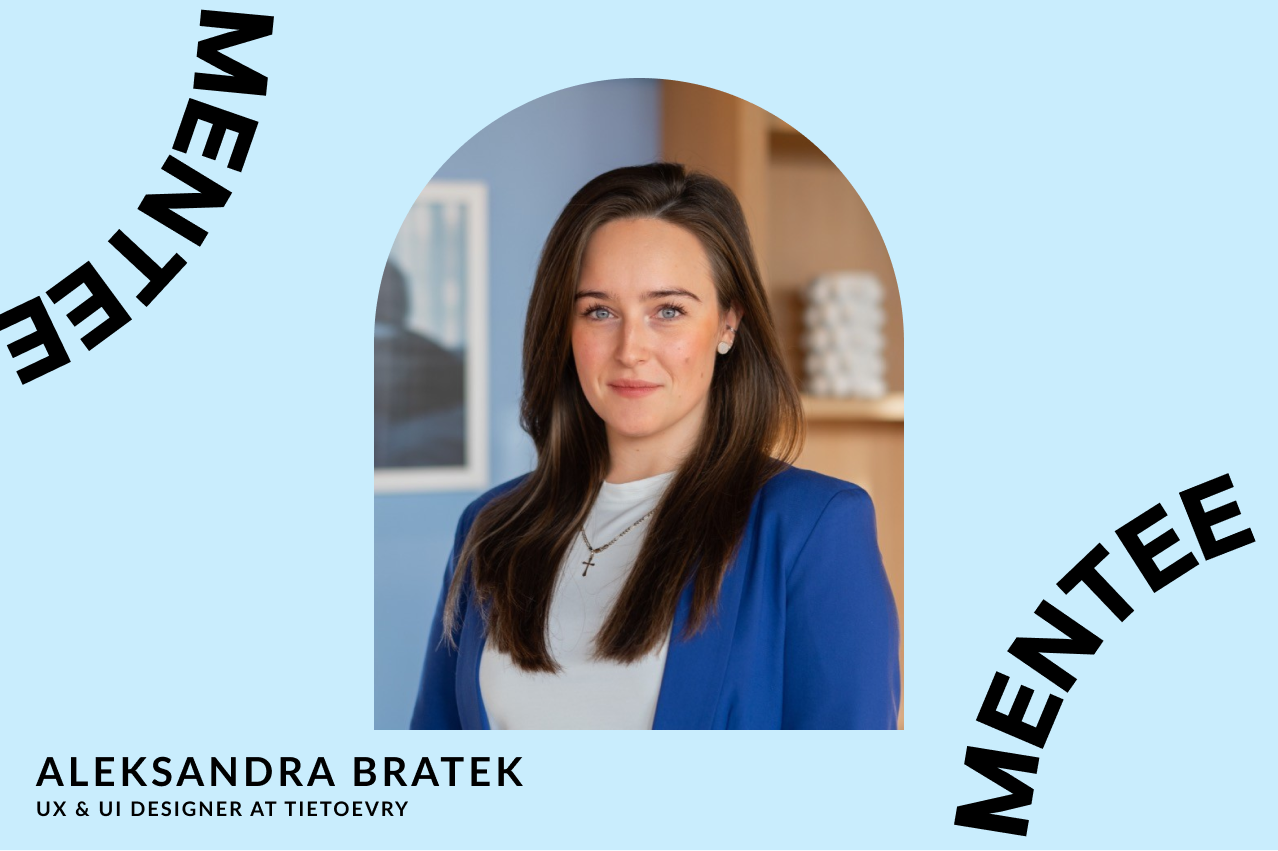.jpg)
When we think of a modern workplace, one of the first words that comes to mind is surely equity - this is the situation where everyone in the workplace has equal access to opportunities. Although many companies like to think of themselves as workplaces with equity, oftentimes not enough is done to ensure this. The problem is, if we want a truly diverse and inclusive workplace for everyone, we can’t exist without equity.
Companies with smart leaders recognize this and are investing in various ways to establish equity and have truly functional D&I strategies. One very effective way to approach equity can be through employee mentoring. In the points below, we’ve gathered some of the key benefits of having mentoring in your company and how it can boost your D&I strategy.
By increasing the mentee’s confidence in their abilities and providing them with someone to be inspired by, mentoring can help them find the confidence they may be lacking to reach for higher goals than they perhaps would have without mentoring. This is important especially for people from underrepresented groups. According to a 2016 study in the American Sociological review, mentoring (compared to other corporate D&I tactics such as mandatory diversity training) helped increase representation of minorities among leadership in companies anywhere from 9 to 24 percent.
In each mentoring relationship, both the mentor and mentee bring something different to the table. Their experiences can vary based on factors such as cultural background, gender, race or seniority. By each of them sharing with the other, they create bridges between these different experiences and open themselves up to better understanding of the other person. This helps build their cultural competency - the ability to understand and interact with people from different cultures and backgrounds from their own.
This is a good opportunity to mention a unique form of mentoring which is also gaining popularity - reverse mentoring. This method matches a mentor and mentee from different generations and levels of seniority to allow the more junior mentor to share the skills and knowledge that the more senior mentee can perhaps be slightly out of touch with. This helps people of different ages and seniority levels understand each other better and close the gap in hierarchy which often prevents open conversations from happening. Reverse mentoring can provide employees with a stronger voice in decision making and with opportunities to bring their new ideas to the table.
Want to build a team that sticks together and whose members will stay with you even in challenging times? Then you need to build a sense of belonging. Everyone has to feel that they’re included in the team, building something meaningful and that they have a voice at the decision making table. A 2016 study from Cornell University found that mentoring programs helped increase retention rates amongst minority employees by 15 to 38% compared to the minority employees who were not mentored.
Last, but certainly not least, mentoring builds and develops people’s hard and soft skills. This gives companies a truly diverse talent pool to draw from, as members of underrepresented groups who were not given enough talent development opportunities in the past can now grow too.
Have the points above persuaded you to bring mentoring to your company and achieve the team diversity you’ve always wanted? You don’t have to do this alone. Femme Palette is here to help with the Talent development program for companies. In this 6 months program, we'll match your team members with the right expert for their exact career needs. Help your colleagues achieve their goals and move the company forward!


